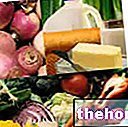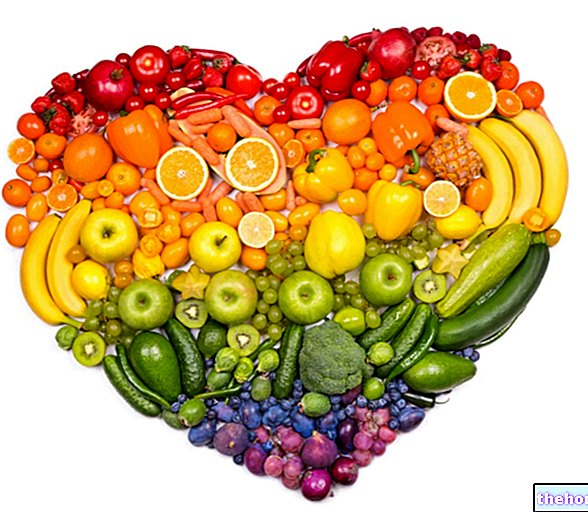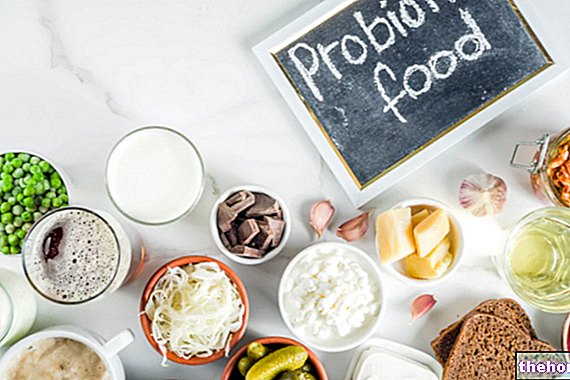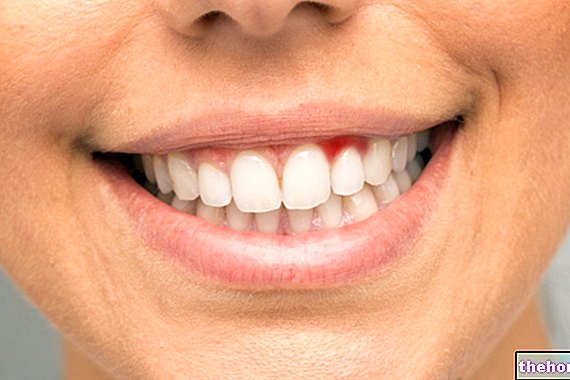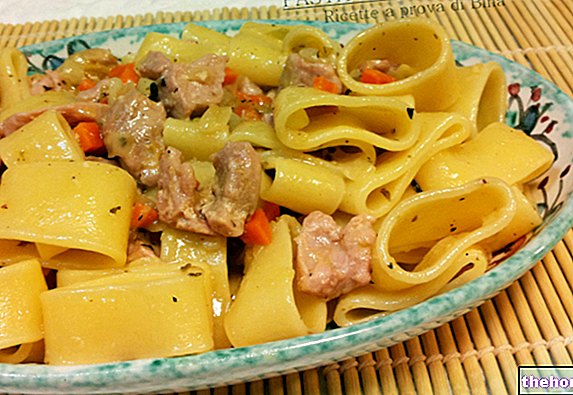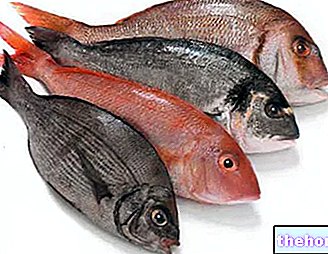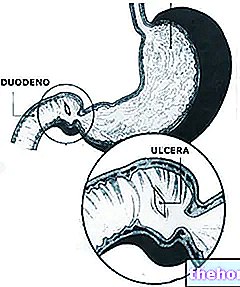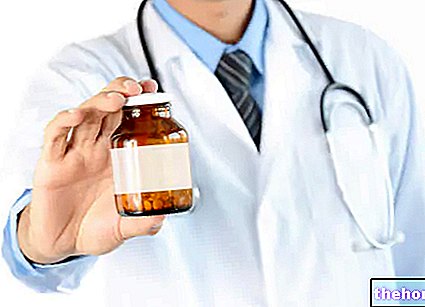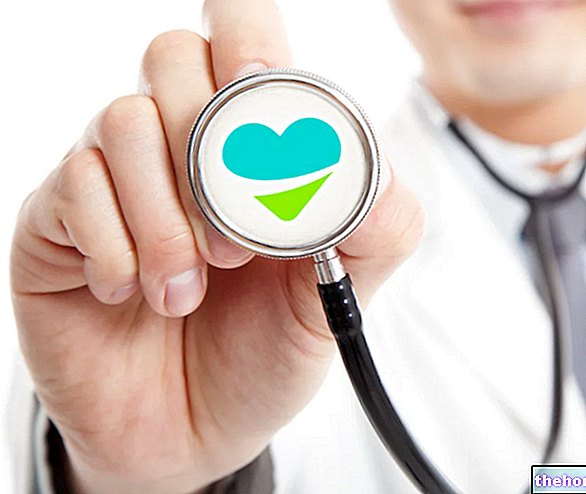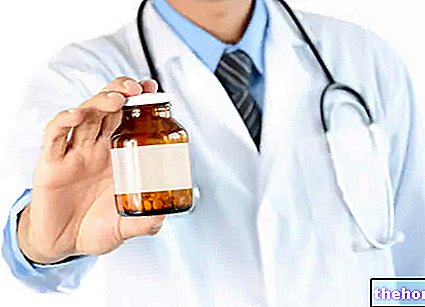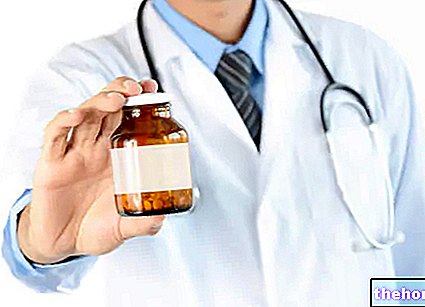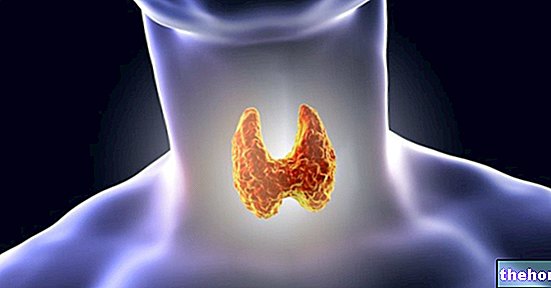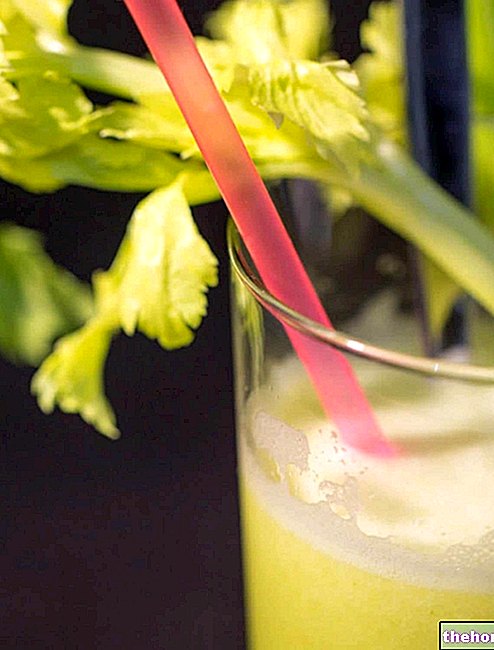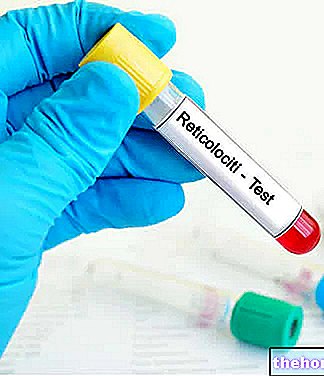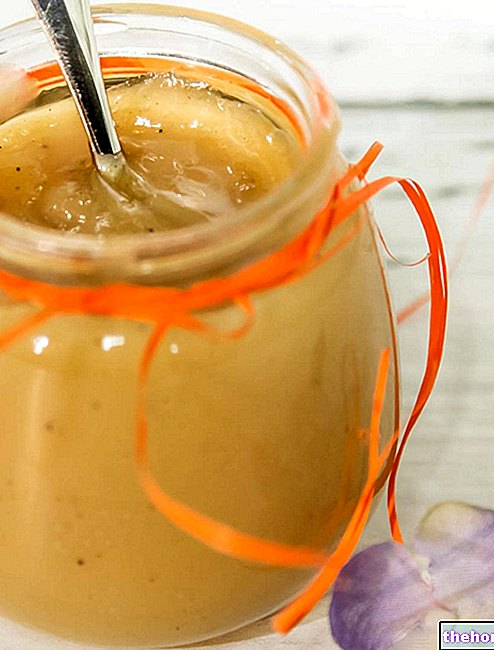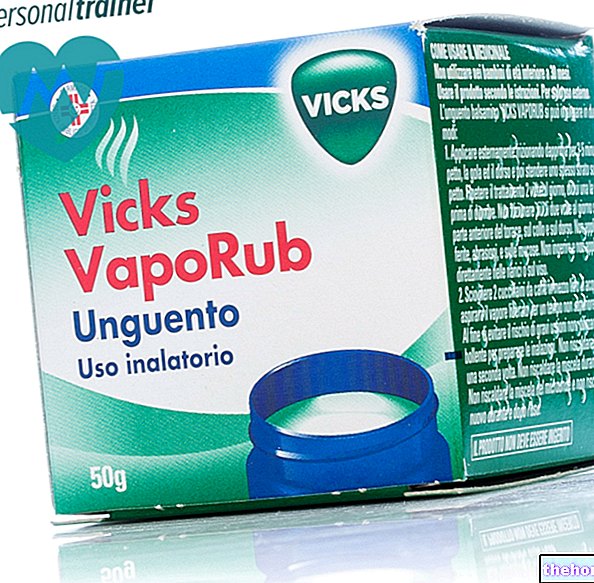Sometimes the swelling is not caused by the air that is inhaled, but rather by the gases produced by the stomach during the digestive process, or by an imbalance of bacteria nourished by certain foods and sugars that generate bacterial proliferation, which causes the formation of intestinal gas. Healthy lifestyle changes can reduce symptoms and counteract gas formation and night swelling.
What causes abdominal bloating?
The most common causes of abdominal bloating are:
- ingestion of air
- having eaten too much
- intake of foods with a high fiber content (such as vegetables and legumes)
- constipation
- gastroesophageal reflux
- irritable bowel syndrome
- celiac disease
- Lactose intolerance
- the proliferation of bacteria in the small intestine
- weight gain
- some drugs containing lactulose or sorbitol
Remedies. Make sure that the optimal time between dinner and sleep passes - at least two to three hours - so that the digestive process is completed. Sitting upright after a meal for at least two hours before going to sleep can help reduce abdominal distension. Include some physical movements throughout the day: Exercise can help speed digestion and can improve symptoms of gastrointestinal conditions such as irritable bowel syndrome.
Too abundant dinner
If you eat the most important meal of the day in the evening, you risk ingesting more calories overall, which could potentially lead to weight problems and bloating. Consuming a large meal in the evening disrupts the natural function of the circadian rhythm and slows down the ability of our intestine to move food and waste inside it. When this happens, it is quite common to feel bloated.
Remedies. Do not skip meals during the day, to avoid consuming large and hyper substantial portions at dinner. Snacking in the late afternoon allows you to better control the portion sizes of your dinner and not arrive at the evening meal feeling overly hungry.
Consumption of raw vegetables
While raw vegetables can be very healthy and rich in nutrients, they take longer and are harder to digest than other foods. Consuming raw vegetables for dinner, such as a simple salad, can cause swelling in the lower small intestine, which is usually the most painful area in the presence of excessive gas.
Remedies. Do not consume raw vegetables in the afternoon and evening hours or cook them, even by blanching them slightly without boiling them, so that they cause less swelling at the end of the day.
Excessive consumption of liquids with meals
Drinking plenty of fluids while eating, especially if the food is particularly salty, can cause abdominal distension. The stomach can only hold a precise amount of food and liquids, and liquids can fill it quickly, which can delay digestion or simply cause a feeling of discomfort. Furthermore, if these liquids are characterized by carbonation, such as beer or soda, they exacerbate the phenomenon of air in the stomach, causing rapid abdominal swelling.
Remedies. Cut back on fluids at dinner, drink enough throughout the day, and avoid fizzy drinks at the end of the day.
human (more commonly called intestinal flora) is the set of symbiotic microorganisms, or bacteria, which coexist with the human organism without damaging it. Some foods we eat, including processed meats, red meat, dairy products, and sweets, can interfere with the balance of bacteria in the microbiome, causing bloating.Remedies. The addition of fermented foods, such as kimchi, miso and sauerkraut, can help rebalance the microbiome. If fermented foods are not part of your food habits and tastes, a postbiotic, fermented ingredient made from plant materials, can contribute to the balance of food. intestinal bacterial flora.

